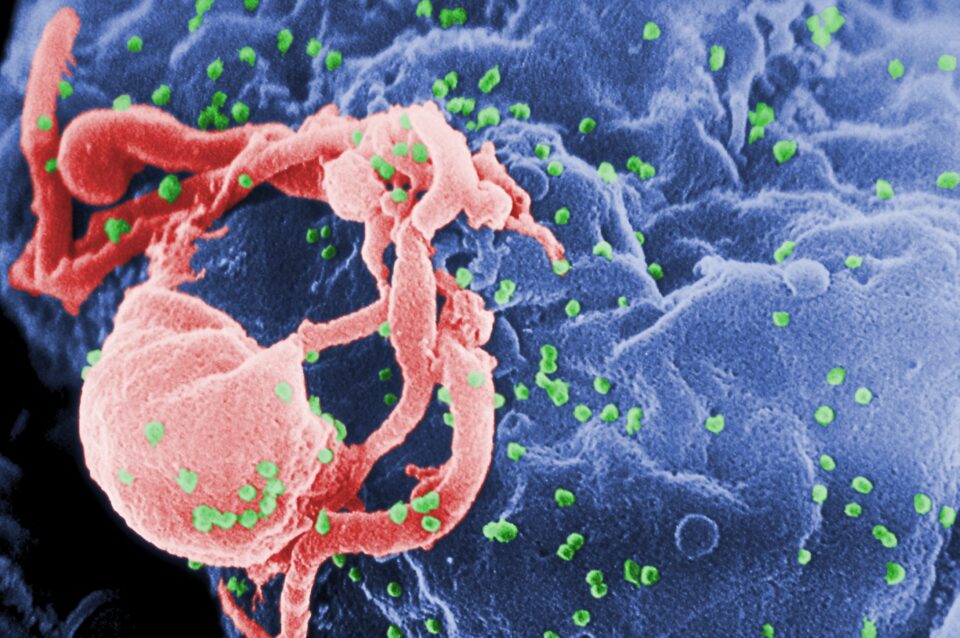Presently there is no cure for HIV / AIDS Once you have the infection, your body can’t get rid of it. However, there are many medications that can control HIV and prevent complications. These medications are called antiretroviral therapy (ART) which involves taking medicines as prescribed by a healthcare provider.
- HIV is a virus that attacks and weakens a person’s immune system. The immune system is made up of a network of cells, tissues, and organs that work together to protect the body and fight off germs and diseases.
- If the immune system of an HIV-positive person gets so weak that it can no longer fight off a range of health problems it would normally be able to cope with, the person is considered to have AIDS.
- HIV can be passed from person to person through blood, semen, vaginal fluids, breast milk, and other body fluids. It can happen:
- When a person has sex with someone who has the HIV virus and they do not use a condom
- When people exchange infected needles or syringes
- During pregnancy, childbirth, or breastfeeding, when an HIV-positive mom can pass the virus to her baby (although, with effective treatment and care the risk of transmission from mother to child can be greatly reduced).
- There is no cure for HIV, but there are medicines that can keep the virus under control and the immune system healthy. So long as a person gets proper medical treatment for HIV, they can usually live a healthy, active life. (However, when HIV is diagnosed after a person has had it for a long time, medical treatment may be less effective.)
As it is said that ‘prevention is better than cure’ it is better to, first of all, prevent HIV, than looking for a cure when the need arises You can use strategies such as abstinence (not having sex), never sharing needles, and using condoms the right way every time you have sex.
HOW TO PREVENT HIV
Here are the steps you should take to protect yourself from the virus:
- Abstain from sex or use a condom when having sex.
- Never share needles, syringes, or any other injecting equipment.
- If you are sexually active, get tested.
- Act aware. This means:
- Taking care of your own health and wellbeing
- Acting responsibly to protect the health and well-being of others
- Treating everyone living with HIV fairly and with understanding.
You may also be able to take advantage of HIV prevention medicines such as pre-exposure prophylaxis (PrEP) and post-exposure prophylaxis (PEP).
The seven stages of the HIV life cycle are:
1). binding
2). fusion
3). reverse transcription
4). integration
5). replication
6). assembly
7). budding
Understanding each stage in the HIV life cycle helps to first imagine what HIV looks like.
READ ALSO: Can Asthma Be Cured? Check Out


